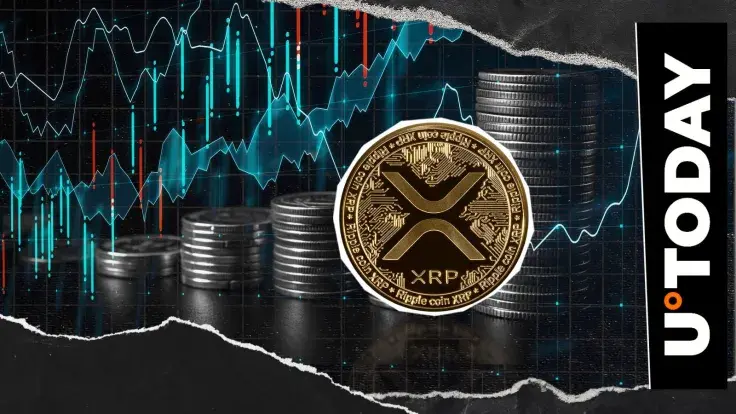Colorado slams fraudulent crypto scheme with $3.34 million judgment as hype-fueled token collapse exposes lavish misuse of investor funds. Colorado Court Slams Indxcoin Founders With Multi-Million Dollar Fraud Judgment The Colorado Division of Securities announced on Sept. 16 that Denver District Court Judge Heidi L. Kutcher ruled against Indxcoin LLC and its founders, Eli and […]
Source: https://news.bitcoin.com/fraudulent-token-scheme-smashed-as-judge-delivers-crushing-3-34m-blow/


